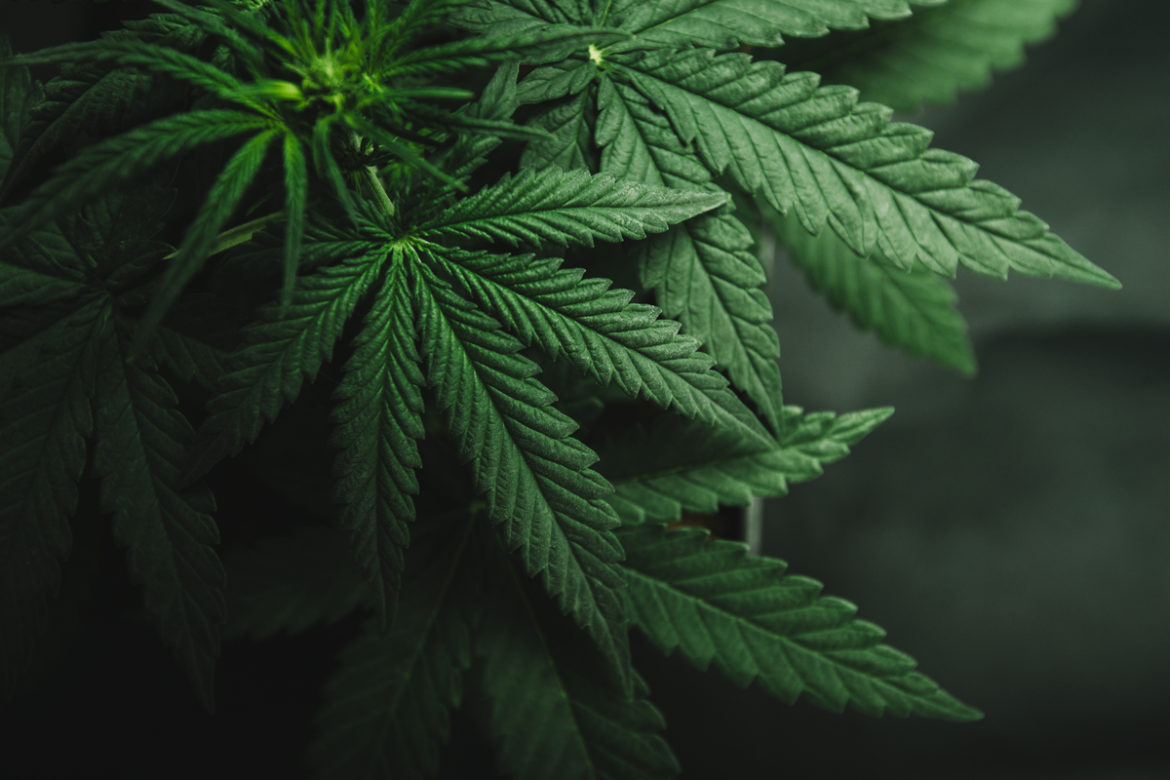In May 2019, Santa Ana had an illegal dispensary nestled between quinceanera stores and costly cafes. It operated each day without permits, laboratory-tested goods, or applying the right taxes to its final cost. That Santa Ana location was among the many different dispensaries in Orange County that operated in that manner.
Santa Ana’s Planning Commission tries empowering local businesses at the same time as promoting education and safety via community programs. Back then, it knew the issues occurred due to the marijuana black market, even though efforts to close those dispensaries had been ridiculed.
State legislators in Sacramento introduced a legislative move meant to tackle the cities refusing to permit legal sales in spite of overwhelming voter acceptance. That refusal was a bigger problem that fueled the so-called pot black market. AB 1356 was thought of as a facilitator to including 2,200 more cannabis storefronts throughout California. It would make every single city here add a cannabis storefront per 10,000 inhabitants, or a cannabis retailer per 4 liquor shops, whichever was fewer.
Anyhow, some cities opposed the aforementioned move, citing the requirement for amending specific legal sections that would necessitate cannabis-legal municipalities to revote. By ‘cannabis legal’, we mean the local governments that had already allowed marijuana’s sales.
California Assemblyperson Phil Ting, who authored the bill, felt that this discussion should have happened a long time ago. Unfortunately, the counties and cities had not satisfied their voters’ will to offer legal access as per Proposition 64, said Ting.
It would be tough to blame illegally operating dispensaries if you consider how many individuals voted for legal marijuana versus the US cities that supply it. Aliso Viejo city, where 58% of the cannabis community voted for it, allowed private and indoor cannabis growing only in the event of applying for its permit. Anaheim, Irvine, and Costa Mesa, where voters welcomed the cannabis retailer idea, had not allowed physical stores to open back then.
Therefore, the illegal market would keep thriving until either the existence of an amended AB 1356 version, or cities deeming home delivery viable.
